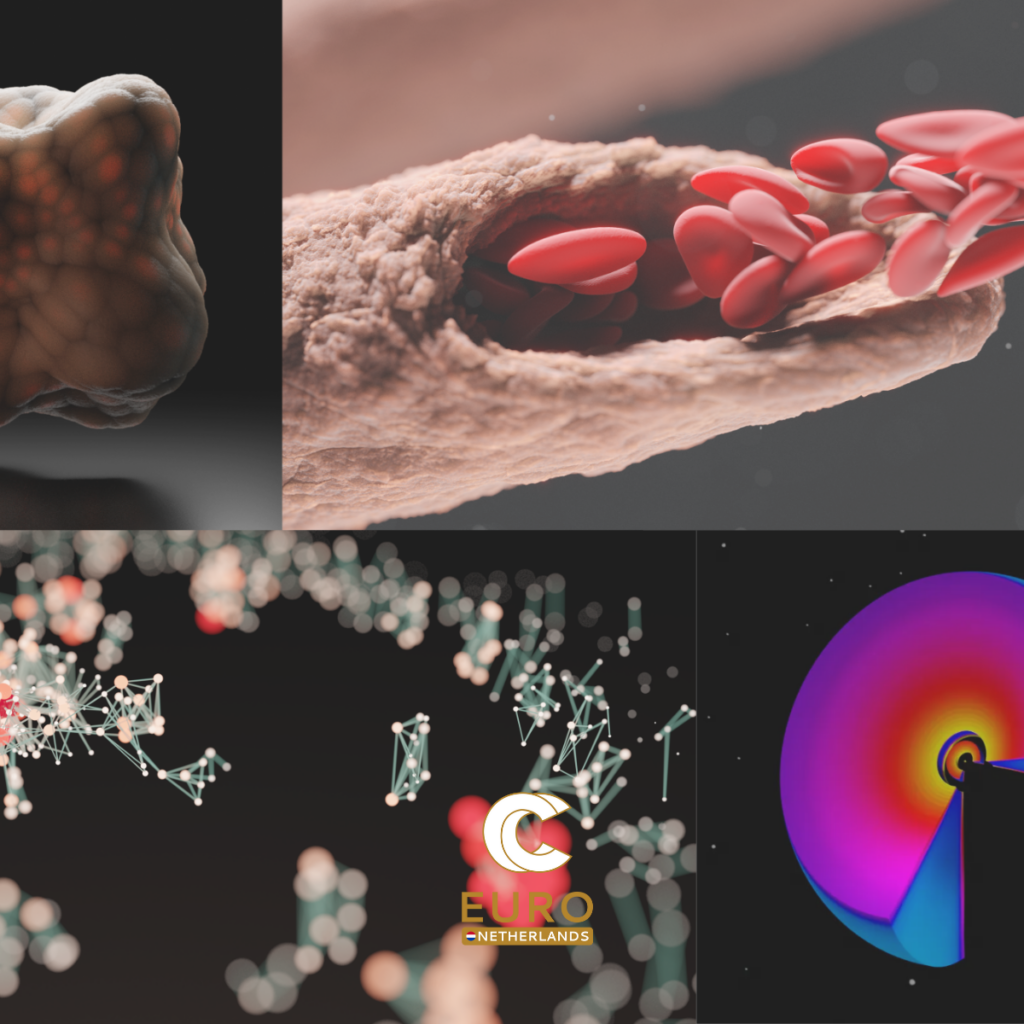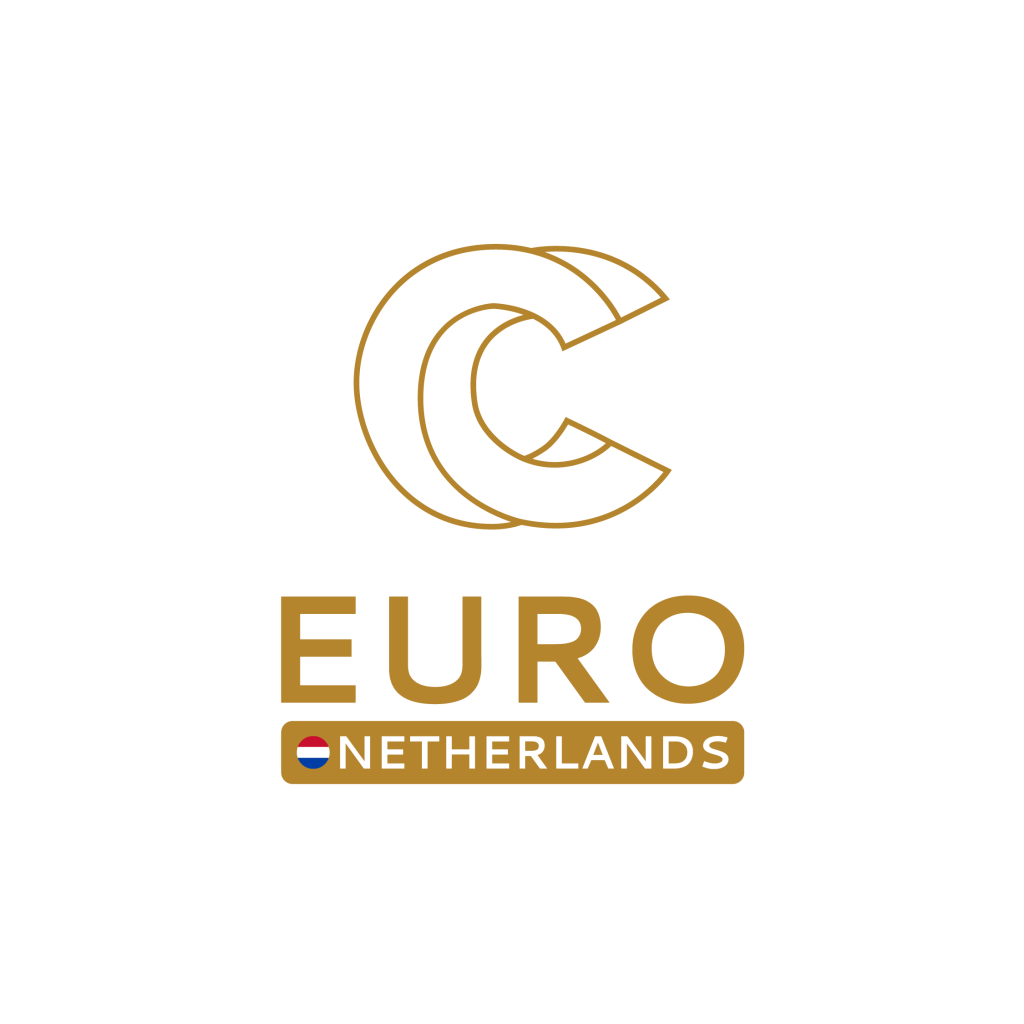This course is a follow-up to our introductory Blender course. We assume you are familiar with working with Blender and have some experience with topics such as the Blender UI, 3D meshes, materials, lighting and cameras
Advanced Topics in Scientific Visualization with Blender: Geometry, Scripts, Animation, Action!
Regularity
Twice a Year
Trainers
Paul Melis
Casper van Leeuwen
Ben de Vries

What will you learn?
In this course you will learn a number of advanced Blender topics:
* The basics of the Python API that is available in Blender. You will learn how the API is structured and eventually start making some simple geometry with code. This can be used, for example, for writing custom import scripts or to perform operations that you would otherwise do manually.
* The node-based shader editor that is used to create and edit materials. In our introductory Blender course we did go into detail on materials, but without describing the node-based shader networks that are the basis of materials. Here, we go deeper into these node network and how to edit them.
* More advanced animation topics, such as shape keys.
Another important part of the course is that you will work on a visualization based on your own research or other endeavors.
Prerequisites
- Basic knowledge of Blender: getting around the interface, making and adding geometry, some basics on materials
- Basic knowledge of Python
- An idea and/or some data for your own project to work on during the course.
- You will need to have your own laptop with Blender installed (http://www.blender.org)
Online/Onsite
Sometimes the course is given online and sometimes onsite. For the ONLINE version this information below is very important:
Important information when the course is given ONLINE
The basis of the course is self-paced training during 10 days, using course materials that we provide (videos and exercises) and with some short online sessions. During the course period you can work on the materials in your own pace. We provide a Discord communication channel with the course teachers that you can use for questions and feedback during the course. We use a small number of online plenary sessions spread over the indicated two-week period, beginning with an introductory webinar of two hours and follow-up feedback sessions. These are used to discuss your projects and make sure you are able to make progress.
Costs
Participation is free of charge
The language of instruction is English
Do you want to participate?
In our agenda you can see all the upcomping trainings and events
